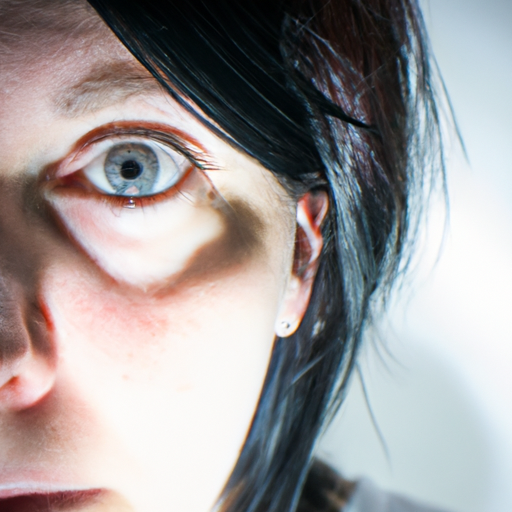Title: Unmasking Clear Skin: Your Ultimate Guide to Acne Healing Strategies
As a medical professional, I understand the frustration and embarrassment that acne can cause. It’s not just a teenage problem; adults can suffer from it too. This article aims to unmask the secrets to clear skin by providing you with an ultimate guide to acne healing strategies.
Acne is a common skin condition that affects millions of people worldwide. It occurs when hair follicles become clogged with oil and dead skin cells, leading to whiteheads, blackheads, or pimples. While it’s most common in teenagers, it can affect people of all ages.
Understanding the causes of acne is the first step towards finding an effective acne healing strategy. Hormonal changes, certain medications, diet, stress, and poor skincare routines can all contribute to acne development.
One of the most effective acne healing strategies is maintaining a consistent skincare routine. This includes cleansing your face twice daily with a gentle, non-comedogenic cleanser to remove excess oil and dead skin cells. Following up with a non-comedogenic moisturizer helps keep your skin hydrated without clogging your pores.
Incorporating over-the-counter products containing salicylic acid or benzoyl peroxide into your skincare routine can also help combat acne. These ingredients work by reducing inflammation and killing acne-causing bacteria.
For more severe cases of acne, prescription medications may be necessary. These can include topical retinoids, antibiotics, or even oral isotretinoin for the most severe forms of acne. It’s important to discuss these options with a healthcare provider to understand the potential side effects and monitor your progress.
Diet also plays a crucial role in skin health. Studies have shown that certain foods, particularly those high in refined sugars and dairy products, can trigger acne. On the other hand, a diet rich in fruits, vegetables, lean proteins, and whole grains can help promote clear skin.
Stress management is another essential component of an effective acne healing strategy. High stress levels can trigger hormonal changes that exacerbate acne. Techniques such as yoga, meditation, and regular exercise can help manage stress levels and improve overall skin health.
Lastly, it’s important to resist the urge to pick or squeeze pimples. This can lead to scarring and further skin infections. Instead, seek professional treatments such as chemical peels, laser therapy, or microdermabrasion for stubborn acne and scars.
In conclusion, achieving clear skin requires a multifaceted approach that includes a consistent skincare routine, a healthy diet, stress management, and professional treatments when necessary. Remember, everyone’s skin is unique, and what works for one person may not work for another. It’s important to consult with a healthcare provider or dermatologist to develop a personalized acne healing strategy.
Keywords: acne healing strategies, clear skin, skincare routine, causes of acne, salicylic acid, benzoyl peroxide, prescription medications for acne, diet and skin health, stress management and acne, professional acne treatments.



